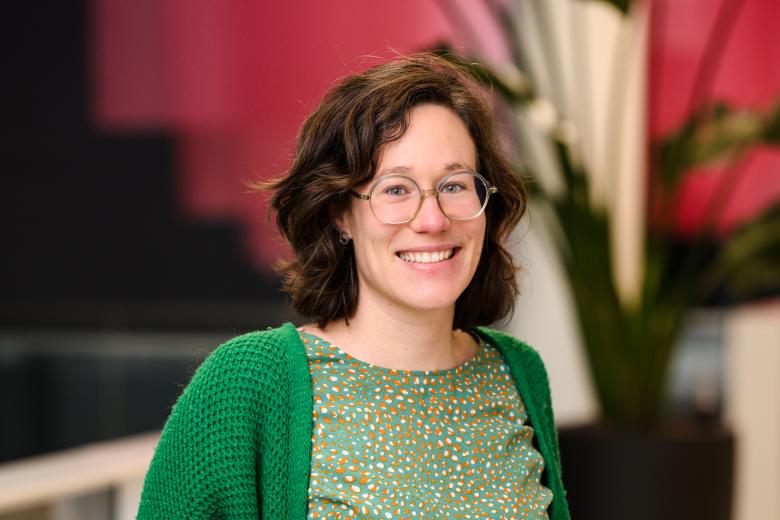PhD candidate Pieter du Plessis
Pieter du Plessis is a PhD candidate in the Department of Philosophy at the Faculty of Arts and Social Sciences. His project, 'Belonging and Unbelonging in Amsterdam's Het Zuid-Afrikahuis', was awarded funding by the NWO PhD in the Humanities funding scheme.
In recent years, issues of race, racism and European colonial histories have formed part of public debates across the Western European context and the Netherlands is no exception. In particular, cultural heritage institutions in the Netherlands have been facing calls for the ‘decolonisation’ of their collections and exhibitions. These calls have also raised questions about white supremacy and the way in which contemporary multicultural Dutch society is centred around whiteness. However, questions remain around what exactly constitutes and informs the subjectivity of ‘white’ Dutch people or in other terms, Dutch whiteness. Existing research has mainly focused on Dutch whiteness and its interdependence with colonised and racially minoritized groups, yet little is known about the ways Dutch whiteness is also informed and co-constituted in close interrelationality with other forms of whiteness.
This project draws on the cultural heritage site of Het Zuid-Afrikahuis (ZAH), a 17th century canal house on Keizergracht in Amsterdam to explore how this space has informed Dutch whiteness. The ZAH has been a knowledge and cultural center focused on South Africa since 1923. The cultural heritage site has its origins during the second South African war, when the Dutch‘rediscovered’ their long-lost Boer-Afrikaner cousins in South Africa, descendants of the Dutch and other Western European contexts as a product of Dutch colonisation of South Africa that started in 1652. The relationship between these two white groups has been described as adhesive and aversive, referring to the mutual dynamics of attraction and distancing that would mark Dutch-Afrikaner relations in the years to come. Considering this, the ZAH is an informative site to explore the question of how Dutch whiteness is co-constituted by other forms of whiteness, and in relation to other racialized and colonised identities. Questions around who the ZAH represents as “South African”, considering the country’s history of colonisation and apartheid, will also be explored to understand how the politics of belonging takes form in a cultural heritage site.
Through ethnographic and archival research, this research project will analyse the building and its contents to come to understand how the space has produced and been produced by complex social imaginaries that have shaped and informed Dutch whiteness. The different rooms, contents and the archive of the ZAH will be explored to produce a critical biography of the ZAH and the organisations that have laboured and given rise to it.
Also read
-
Aurélie Carlier receives Athena Award
Aurélie Carlier receives the Athena Award. This award is for exceptional female researchers who serve as role models through their successful scientific careers.
-
Despite a less tight labour market no end to shortages in healthcare, education, and tech
Interesting new findings in the report 'The Labour Market by Education and Occupation until 2030' from the Research Centre for Education and the Labour Market (ROA) at Maastricht University.
-
Protecting children’s rights in non-existent states
What happens to the universal rights of a child when their home is a “de-facto” state—a political entity that has all the hallmarks of nationhood, yet is not officially recognised? And who bears legal and moral responsibility for these children when war breaks out? These issues lie at the heart of the...